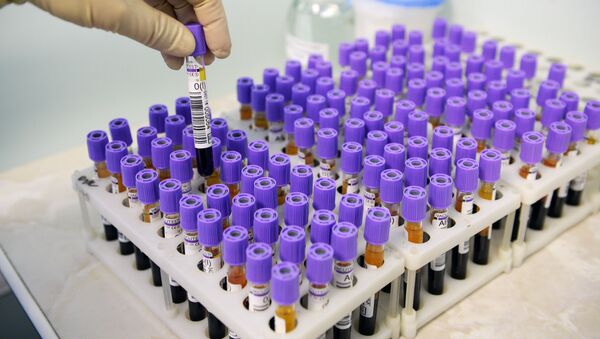Speaking to reporters at a press conference of the second session of the 13th National People's Congress (NPC) on Monday morning, China's Minister of Science and Technology Wang Zhigang said the ministry will further study and release several regulations to guide and restrain scientific research.
"We will tell scientists the norms they should abide by when conducting scientific research and the regulations they should follow when transforming their achievements", Wang said. The move aims to make Chinese scientists more rational, guide them to respect laws and restrict illegal behavior for personal fame and interests.
Wang said rapid technological developments such as artificial intelligence and gene editing also raised further questions about privacy and ethics, and the uncertainties of research application requires scientists to have a strong sense of responsibility, moral integrity and ethics.
Xiong Zhiqi, an expert at the Institute of Neuroscience of the Chinese Academy of Sciences (CAS), who focuses on the study of clone monkeys, told the Global Times that China should create its own discourse in scientific ethics, especially in new technology fields.
"We should not follow the West's standards. Right now we conduct experiments only after the West has dipped into the field. It is unfair and makes us lose many opportunities to lead the world," Xiong said.
"Relevant laws should strike a balance between preventing misuses and abuses and encouraging scientific research and exploration", Bai said.
China has made a series of landmark achievements in science and technology in recent years as the country moves closer to becoming a science and tech powerhouse by 2050. The minister also disclosed progress on achieving the goal of becoming an "innovation nation" by 2020 at the press conference.
Wang also hailed achievements in technology cooperation with participating countries of the Belt and Road Initiative.
For example, the ministry is mulling the establishment of joint laboratories with those countries, has initiated the building of science parks with eight countries, including the Philippines and Indonesia, and is setting up technology sharing platforms with ASEAN members, South Asian countries, Arab countries, and central and eastern European countries.
This article was originally published in Global Times.




